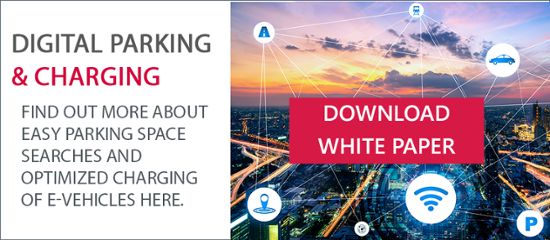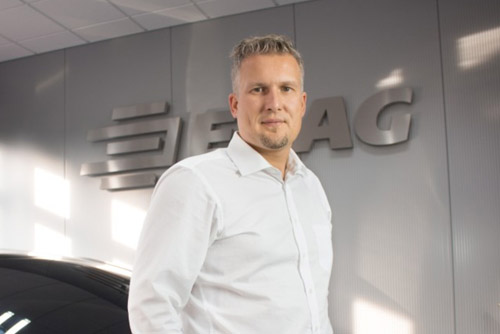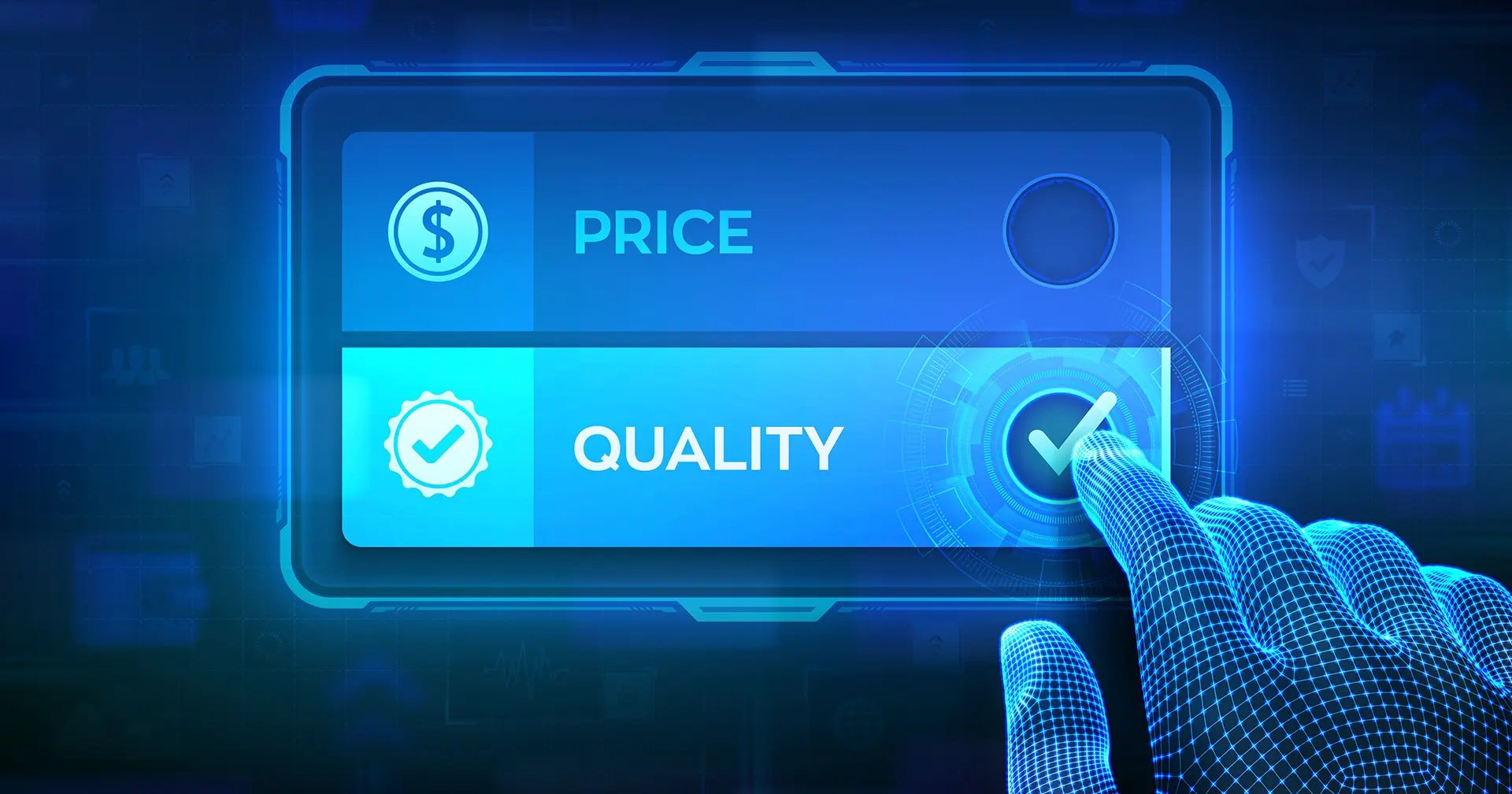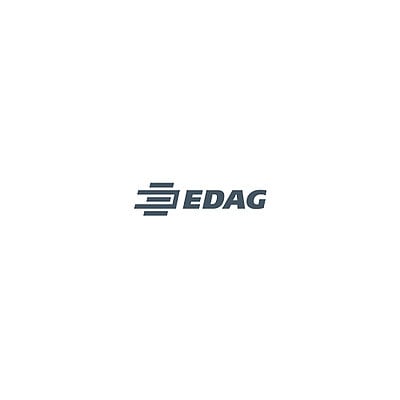If, in the future, the roads are to belong more to people and less to cars, new ways must be found to simplify the search for free parking spaces. In an ideal world, there would at the same time also be a charging point available in the parking garage. The aim of the iLaPark project is to advance precisely this digital technology-based connection.
According to Statista, German motorists already spend an average of 41 hours a year looking for somewhere to park - an unnecessary waste of time and energy that leads to costs amounting to € 40 billion. Most drivers prefer to park their vehicles at the side of the road or in parking lots. Parking garages, on the other hand, are less popular. The causes often cited are inconvenience and the lack of cost transparency. And last but not least, there is no guarantee that there will even be a free space if you decide to head for one of these garages.
And with the electrification of drive systems, a second factor has been added: Where is there an available, suitable and functioning charging station? Might it not be possible to combine parking and charging? Discounters and shopping centers on the outskirts of cities are already leading the way - if parking garages were to do the same, this could be a small contribution to keeping city centers alive. This is where the iLaPark project – intelligent parking and charging in parking garages – comes into play, with a solution that simplifies both parking and charging electric vehicles.
Project targets
The iLaPark project, which is funded to the tune of € 1.6 million by the Federal Ministry for Economic Affairs and Climate Action (BMWK), is divided into several tasks. Primarily, three targets are to be achieved.
- Improved use of eMobility in urban areas through a charging infrastructure in parking garages and optimized utilization of the existing network;
- App- and platform-based digitalization of mobility at public and individual level;
- Overview of active traffic control options and suggestions for integrating them into strategic planning processes.
The project is headed by valantic Software & Technology Innovations, further partners are EDAG Engineering, Hubject, Intilion, the Research Lab for Urban Transport (ReLUT) and the House of Energy. The solutions developed during the project are being implemented in about ten parking garages run by Parkhaus-Betriebsgesellschaft m.b.H. (PBG), the largest parking operator in Frankfurt am Main.
Digital parking and charging
Parking operators need a way to simplify the search for somewhere to park and so make their parking facilities more attractive. This also involves demand-oriented pricing on the one hand, but greater cost transparency for drivers on the other. At the same time, traffic must be managed in such a way that optimum use is made of capacities for both parking and charging, and motorists are not caught up in traffic jams at one site while others are empty.
For the user, the heart of things is the smartphone app, which can be used to request and, if necessary, reserve parking spaces and charging points. The smartphone can also be used to make access simpler, and even for contactless payment.
The operators of charging stations also see a need for serious improvement, because weak power supplies in existing properties generally mean that additional battery storage systems are needed to deal with periods of high demand. But as even their capacities are limited, a better distribution to various sites will help to preserve supply capacity in the long term.
EDAG's tasks
EDAG Engineering has taken on various tasks in the overall project. The focus is on the "parking platform" work package, for which EDAG Engineering is primarily responsible. During the requirements analysis and conceptual design stage, suitable personas were developed, and these will later play a role in the analysis and validation of the business model and marketing potential. The actual digitalization components include:
- The MobilityHubOS: A kind of "operating system" for parking garages of the future. This data and payment platform, which is the backbone, enables the interaction of different parking services such as eCharging, automated valet parking (AVP) and micromobility, to name but a few. It also provides the basis for the analysis, comparison and implementation of an app-based payment flow, of AI-based pricing, while also including the development of a backend-to-backend API.
- The online admin dashboard: During the project, this frontend is to be implemented as a web application encompassing a specific rights and role management system and specific charging functions.
The infrastructure: Digitalization of the entry and exit control by means of GDPR compliant license plate number recognition and (remote) barrier control.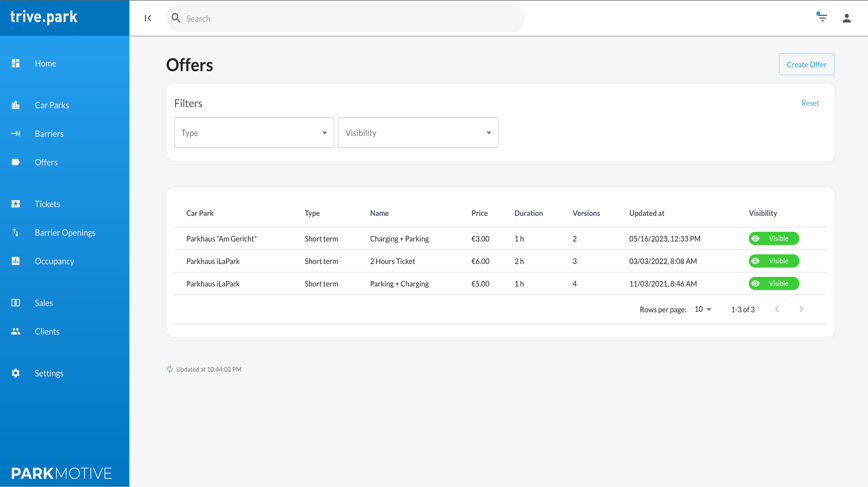
The aim is to digitally recreate the entire user journey and make this data accessible to parking operators, so as to be able to optimize existing services and develop new business cases.
For the user, the heart of things is the smartphone app, which can be used to request and, if necessary, reserve parking spaces and charging points. The smartphone can also be used to make access simpler, and even for contactless payment.
Such developments are part of EDAG's mobility and connected services portfolio. Mobility is regarded here as an ecosystem consisting of more than just the vehicles. To this end, attention is paid to the digitalization and networking of all elements involved, and to the development of new transport and vehicle-related services - including digital parking. In doing so, we utilize standardized IT development processes on the one hand, and agile methods that fit in with our customers' product development process (PDP) on the other.
EDAG's skills here cover IT management, IT development and also automotive IT, including the programming of apps for iOS and Android devices, of web and desktop applications, also backend development and software development and IT operations (DevOps).
What happens next
The results will be presented starting in September 2023. Individual modules have already been derived by EDAG and can be used with the "trive.park" app in further parking garages in Germany. Anyone interested can register for the pilot phase in Frankfurt/Main on the iLaPark website.
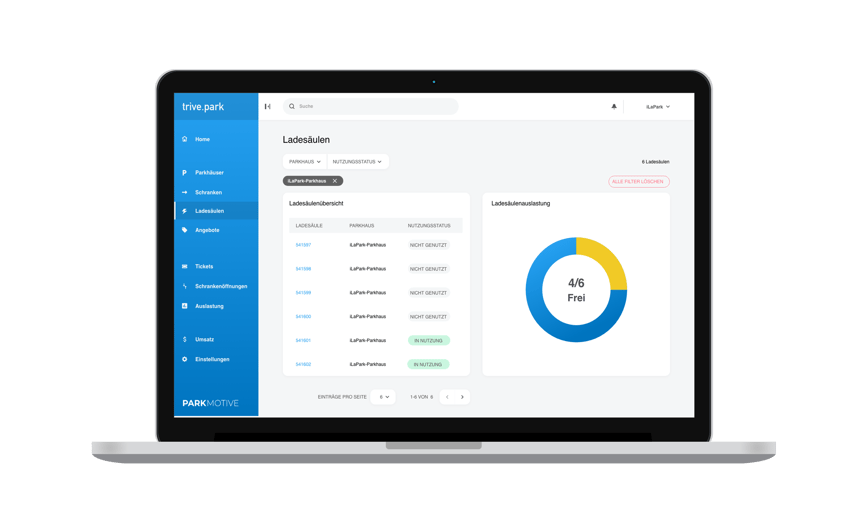
Heiko Herchet, Vice President Digital Transformation, will be pleased to answer questions from municipalities and parking operators. He can provide additional details of targets and the current status of the project. Further details and insights can be gained in the white paper "Intelligent Charging of Electric Vehicles in Parking Garages", which can be downloaded here.
